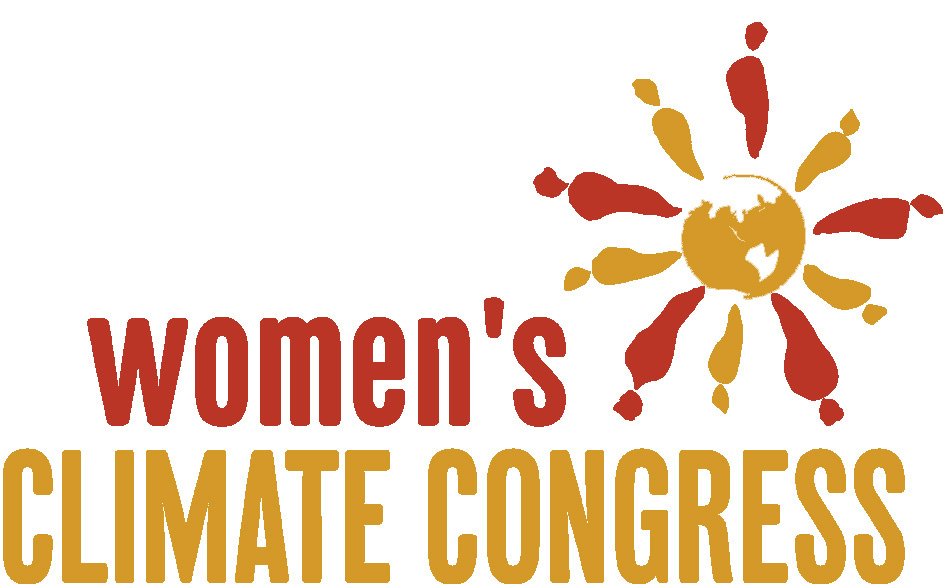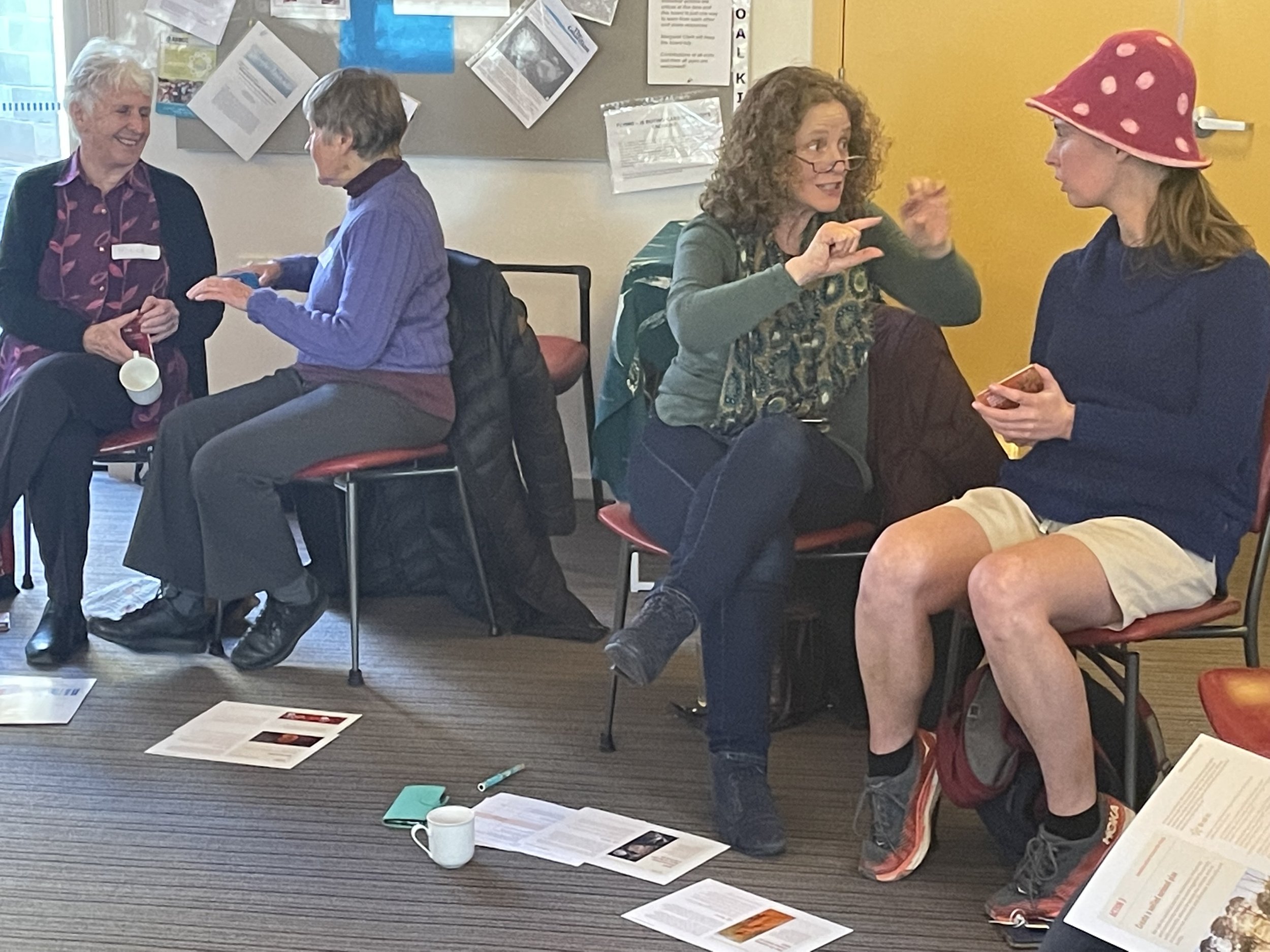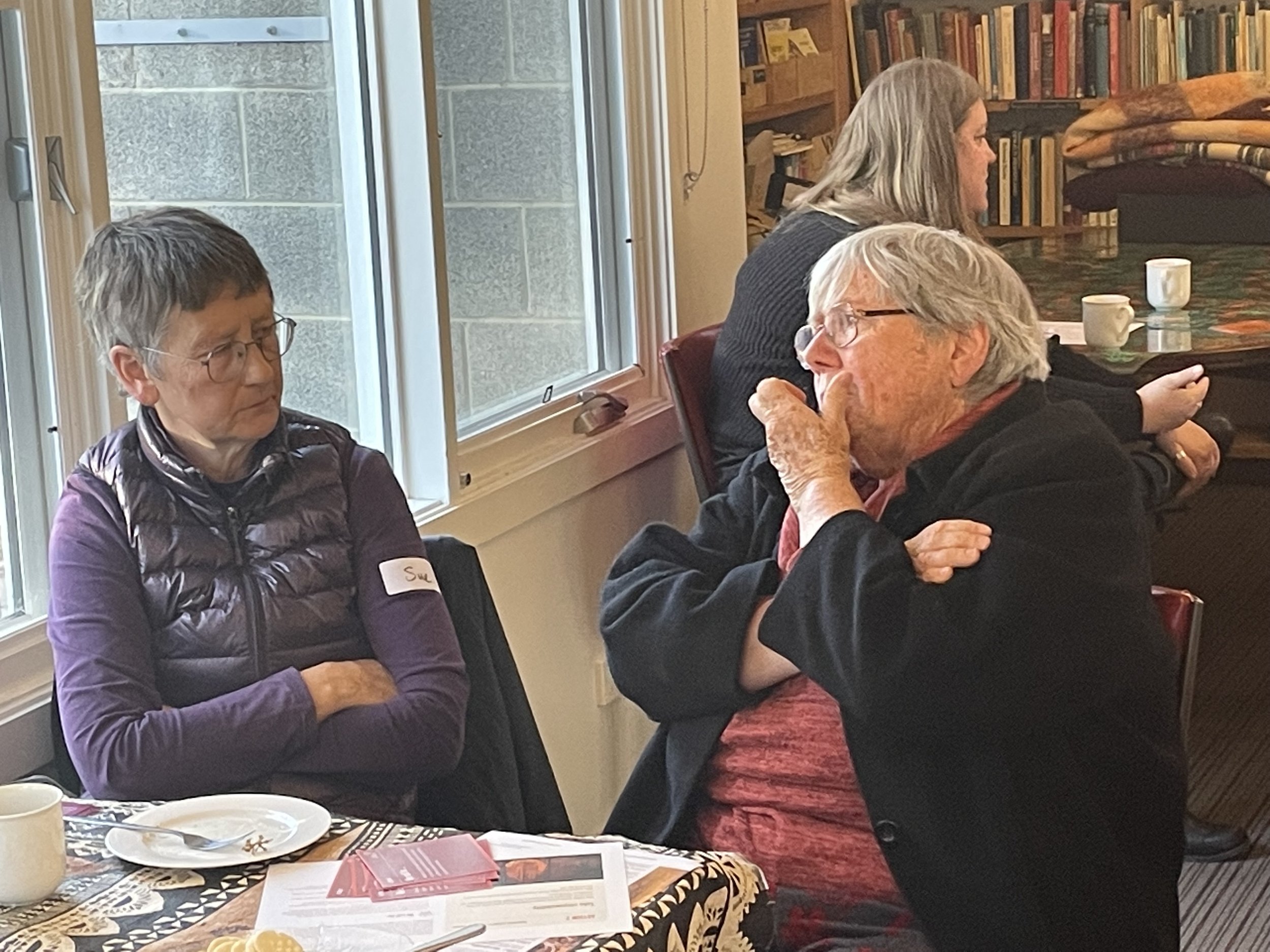
ACT - Turner
Women Leading Climate Change Action on Ngunnawal and Ngambri Country
Canberra | Saturday, 1 July 2023
At this gathering on Ngunnawal and Ngambri Country, Janet Salisbury and other WCC members introduced WCC’s Charter for Charter. Attendees then explored how Canberra women, in all diversity, individually or collectively, can lead and participate in Charter-aligned actions.
An enthusiastic group of Canberra Women gathered in the warm winter sun to consider the Charter and the actions that speak to them in their own lives and communities.
A couple of larger themes arose: what type of action is important? Do we want to focus on personal action, action that will involve community members in a single project or national action directed to changing whole systems? Each of these has its benefits:
Personal action is within our control and can have financial benefits as well. It is amplified when millions of other women join in, in which case it will have a considerable impact on the climate.
Community action has been important in Australia, where communities have taken matters into their own hands to make change in their town or region. Political change has arisen out of community action, as seen in the arrival of the pro-climate independents in federal parliament.
Systems change has been the vision of WCC – to elevate women in decision-making at the highest levels, to gather parties together to work on the climate crisis across the country and amongst nations, to bring compassion into politics.
Engagement of young women was another important issue raised. Many young women want to act on climate issues but are confused by the many groups out there, and perhaps not attracted to the type of events WCC has arranged. We hope to make progress in connection with that important group.
Some of the key actions that came out of the meeting are:
Advocate to have a “duty of care for future generations” included in Ministerial decision-making.
Engage with other climate and women’s groups who are active in the community.
Be vigilant about one’s own carbon footprint. 1 Million Women’s website is helpful for this.
Ask our children or young relative: What behaviour do you need us to model? In what way?
Support the development of new ways of measuring economic activity and developing economic policy. We want a financial system that supports the activities we value and the creation of a sustainable and equitable society.
Reach out to women in parliament and support them and what they are doing. Alicia Payne has just conducted an experimental process for receiving citizen’s input into policy, which is an innovative and courageous step. She is interested in the same things we are – it will be good to stay in touch.
As a result of this meeting, WCC is:
notifying our local members of the meeting and its results. We’ll keep an eye on our politicians so as to “catch them doing something good”, when we will acknowledge them!
looking at ways of engaging with young people
bringing members’ attention to 1 Million Women’s work
advocating for a “duty of care” in Ministerial decisions through letters and articles.
participating with NENA in their work on new economic thinking.





